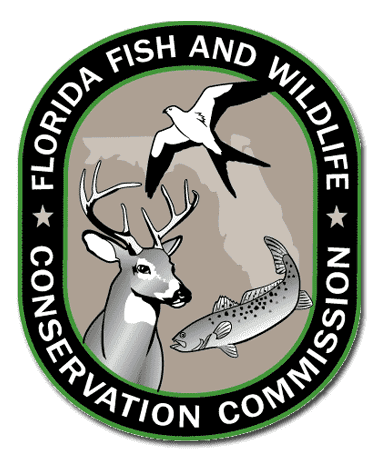License-free Saltwater, Freshwater Fishing Fun Coming Next Week in Florida

The first week of June is National Fishing and Boating Week. This year, start and end the week’s festivities by taking advantage of one of Florida’s license-free fishing days. Saltwater recreational anglers can fish without a license on June 2 and freshwater recreational fishers on June 9. There couldn’t be a better time to get out on the water and try your hand at some of Florida’s fine fishing on these two Saturdays.
Thirty-four states, including Florida and Georgia, will have license-free fishing days during the June 2 through June 10 National Fishing and Boating Week, a celebration of fishing and boating.
“Florida’s license-free fishing days are an excellent opportunity to share the fun, excitement and togetherness of a fishing trip with the entire family. This also is a great time for experienced anglers to introduce friends to the sport, even if they don’t have a fishing license,” said Nick Wiley, FWC executive director. “By having these events on weekends, we hope Florida residents and visitors will experience the joy of saltwater and freshwater fishing. We expect many will discover a healthy sport they can enjoy for a lifetime.”
Saltwater anglers can try their hand at catching a red snapper, which will be open for harvest in Gulf and Atlantic state waters and Gulf federal waters on the June 2 saltwater license-free fishing day. Want to stick a little closer to shore? Try your hand at near-shore species such as spotted seatrout or red drum.
Now that school is out or almost out and people are in vacation mode, anglers will find June a great time to introduce a child to fishing or encourage a friend who hasn’t been fishing for a while to get on the water.
Almost everyone in Florida is within 45 minutes of a freshwater fishing hole. Dawn or dusk may be your best fishing times, but if you go midday, seek out the shadows around piers or fallen trees, or look for bass and bream under floating vegetation mats and in other shaded areas to enhance your success.
Fishing is a low-cost, wholesome form of entertainment, which is why the FWC offers four days when a recreational fishing license is not needed. Can’t make the June 2 or June 9 license-free fishing days? The FWC also made Sept. 1 a license-free saltwater fishing day, which not only falls on a holiday weekend, but is during the popular bay scallop and spiny lobster seasons.
Each year, the first Saturday in April and second Saturday in June will be license-free freshwater fishing days.
The state’s abundant resources, coupled with responsible freshwater and saltwater fish management, are why Florida is known as the “Fishing Capital of the World.”
All other bag limit, season and size restrictions apply on these dates.
To make your fishing day successful, check out MyFWC.com/Fishing for fishing tips, locations and rules.
Visit MyFWC.com and click on “Calendar” to learn more about boating-safety events during National Fishing and Boating Week and year-round.

